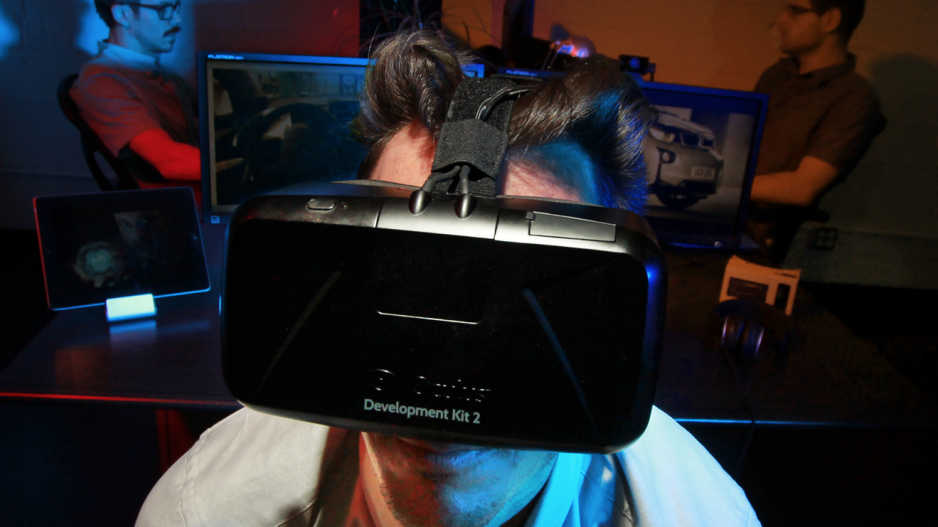When virtual reality was making a big push into the consumer marketplace during the 1990s, its headsets and control mechanisms were clunky and expensive. Users would even get queasy if they spent too much time pretending to be in a computer-generated world.
Interest in VR faded.
“The difference between the mid-’90s VR or early ’90s VR is that we’ve got the technology to support it now,” said Idea Rebel CEO Jamie Garratt.
“If you asked me 18 months ago, we were going out pitching it. Now people are banging down our door, begging us to point them in the right direction on this.”
After partnering with BMW and Converse to recreate interactive 3D experiences on smartphones, Garratt’s Vancouver-based digital marketing firm is launching its newest VR experience in August to promote a luxury car brand’s latest concept vehicle.
Attendees at a California car show will slip on either an Oculus Rift or a Google Cardboard headset to recreate the experience of manufacturing the luxury vehicle.
Virtual reality was once hampered by the high cost of specialized cameras needed to capture a 3D environment, the software needed to stitch together the 3D environment and the hardware needed to experience it.
“We’re finding easier ways, so it doesn’t cost an arm and a leg,” Garratt said.
Developers are paying US$350 to experiment with the Oculus Rift before it hits the consumer market, while people can already mount their smartphones onto a US$5 Google Cardboard to create a VR experience.
In May, Google (Nasdaq:GOOG) announced it would soon release a relatively inexpensive 360-
degree camera mounted with 16 GoPro cameras, although no official price has been released.
Instead of relying on a third-party software platform to stitch together a 3D environment, Idea Rebel has built one.
And as the technology drops in price and more users adopt it, Vancouver is likely to be one of the go-to hubs for VR innovations, according to angel investor Boris Wertz.
“We have a big gaming background, and gaming is going to be one of the first [big] applications for VR,” the founder of Version One Ventures told Business in Vancouver. “Having said that, it’s still super early.”
Wertz said he still expects some of the big-name VR hardware companies to fold or consolidate before the dust settles on an industry leader.
“You look back at mobile phones: all the players that drove the first wave of mobile phones – Nokia, BlackBerry – they all are gone and not important any more.”
While Wertz said most interest in VR will be in the consumer market, Surrey’s Conquer Mobile is making a play for the enterprise market.
CEO Angela Robert, whose company develops VR simulations to train medical professionals, said increased consumer familiarity with the technology will help drive interest in business applications.
When a resident surgeon dropped in on Conquer Mobile’s headquarters last week, he put on a headset and got to work using the VR without any prior instructions.
“What’s really neat about this new phase … of virtual reality is there’s more software to it and less hardware,” Robert said, adding this has the potential to keep costs down.
“The amount of updates they [clients] can get, the amount of content they can get, that’s really going to change.”
But Garratt said he still expects it will take a little longer until VR has the mass-market appeal of smartphones.
“This is just kind of a peephole into the future,” he said. “Five years from now, I think everyone’s going to have an Oculus Rift-type device in their house.”
@reporton



